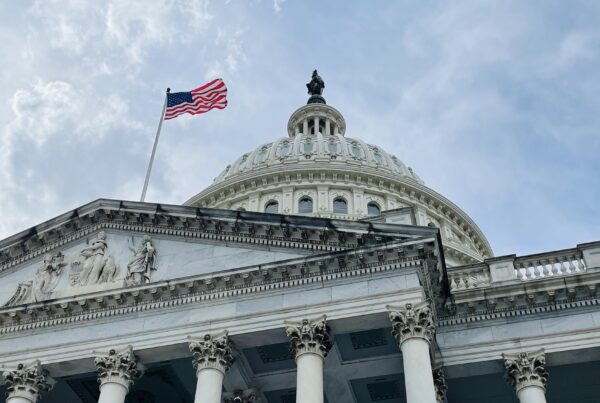While 2020 has been a year like no other, one thing that remains unchanged is the need for year-end tax planning. As mentioned in our article from earlier this year, the “Pass-Through Business Alternative Income Tax Act” legislation was passed which has the potential to provide a federal tax benefit to pass-through entity business owners on their 2020 tax returns.
Effective for taxable years beginning on or after January 1, 2020, eligible pass-through entities (PTEs) can elect on an annual basis to compute and pay New Jersey tax on its New Jersey sourced business income at the entity level. This tax is referred to as the Business Alternative Income Tax (BAIT). The significance of this election is that the business taxes paid by an eligible entity can be deducted in determining federal income that passes-through to the owners, resulting in less federal tax paid by the owners on their share of the PTE income. Eligible PTEs include S corporations, partnerships, and limited liability companies (LLCs) with at least two members, at least one of which is liable for New Jersey Gross Income Tax (NJ GIT).
Both NJ resident and nonresident PTE owners will continue to include their share of PTE income (unreduced by the BAIT) when computing their personal New Jersey tax liability. Owners of PTEs electing to pay BAIT will receive a credit against their personal New Jersey tax liability which eliminates the double taxation of the PTE income. Similar rules apply to corporate owners who are subject to the NJ Corporate Business Tax (CBT).
The election to pay the BAIT must be made annually by the PTE on or before the original due date (without extensions) of the entity’s New Jersey return. Further, the election must be consented to by all members of the PTE or by an officer, manager, or member authorized by the entity to consent to the election in the PTE’s operating/shareholder agreement.
The BAIT is imposed on the PTE’s “distributive proceeds” for the tax year. “Distributive proceeds” does NOT refer to cash distributions, but instead includes the income, dividends, interest, rent, royalties, guaranteed payments, and gains derived from or connected with sources within New Jersey. The PTEs distributive income is subject to tax at the following graduated rates for purposes of computing the BAIT:
- 5.675% for distributive proceeds below $250,000
- 6.52% for distributive proceeds between $250,000 and $1,000,000
- 9.12% for distributive proceeds between $1,000,000 and $5,000,000
- 10.9% for distributive proceeds over $5,000,000
Since the passage of the legislation, the NJ Division of Taxation has created and updated its Frequently Asked Questions which contain general information about the BAIT as well as information on making the election, making estimated tax payments, and calculating the tax. PTEs wishing to pay the BAIT will be required to make quarterly estimated tax payments which are due on or before the 15th day of each of the fourth, sixth, and ninth months of the tax year and the first month of the following tax year.
Despite the fact that the legislation was passed in January 2020, it is only recently that the NJ Division of Taxation has been able to accept 2020 estimated BAIT payments here. The Division of Taxation has indicated that there will be no penalties imposed on taxpayers for failure to file or make estimated tax payments this year.
While 2020 tax planning is likely to be very different than other recent years, the traditional tax planning strategy of deferring income and accelerating deductions, where possible, is still applicable for this very unusual year. When analyzing whether electing into the BAIT regime makes sense for your business one must be mindful of the overall method of accounting used to compute taxable income.
Cash basis taxpayers will only benefit from the BAIT deduction to the extent they make estimated BAIT payments before the end of their tax year (December 31st for calendar year PTEs). Accrual basis taxpayers, however, should be able to accrue the deduction in the year the tax is incurred (i.e., 2020) even though the payment will not be made until a subsequent year.
In addition to the potential federal tax savings, here are a few other items to consider when analyzing whether paying the BAIT makes sense:
- The rate at which BAIT is computed may be higher than the rate at which the individual PTE owners will compute their own personal NJ tax liability.
- Electing into the BAIT does not eliminate the need for non-resident withholding tax payments at the PTE level.
- Refunds of BAIT payments at the PTE owner level could be subject to federal income tax in the year in which the refund is received.
While this legislation could provide significant benefits to New Jersey taxpayers, it is possible that the IRS could challenge the validity of the deduction. If you have questions about whether the BAIT is right for your PTE, or if you need help in analyzing your options, please reach out to your WG Advisor.





